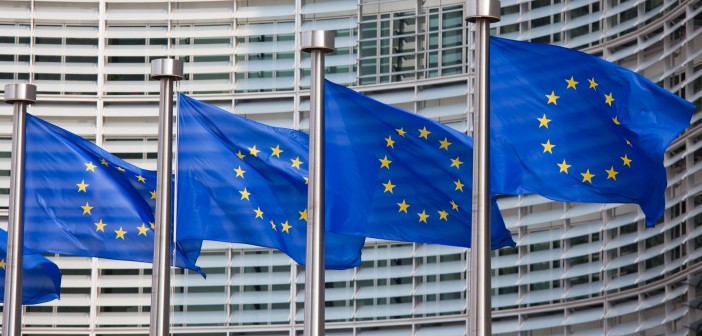Justitia er sammen med 11 andre organisationer medunderskriver på et åbent brev sendt til EUs ministre på telekommunikationsområdet samt til EU-kommissionens vicepræsident Margrete Vestager og kommissær Thierry Breton. Anledningen er, at ministrene i dag – 5. juni – videomødes om de digitale prioriteter for EU i fremtiden, blandt andet om en ny rammelovgivning for digitale tjenester i EU, det der kaldes Digital Services Act (DSA), og som skal bl.a. skal opdatere e-handelsdirektivet. E-handelsdirektivet har hidtil dannet rammen om den omfattende digitale udvikling i Europa, ikke mindst for de sociale medier, hvor europæiske borgere har fået udvidet deres ytringsfrihed betragteligt. Derfor er Justitia og de 11 andre organisationer, der arbejder for friheds- og borgerrettigheder i Europa, bekymret for, at der nu i EU-regi drøftes forskellige former for vidtgående platformsansvar der bl.a. vil påvirke EU-borgernes ytringsfrihed på negativ vis.
The undersigned organisations are dedicated to promoting and protecting fundamental rights and freedoms in the digital environment. The Digital Services Act will have immense importance for European citizens’ rights to free expression, access to information, privacy and data protection. With the right approach, we believe the Digital Services Act can help strengthen the internet as an open space for debate, expression and creativity, and address legitimate concerns about illegal and harmful content.
First, the fundamental principle of limited liability for user-generated content must be preserved. Had it not been for these protections, the many thousands of online sites and services that have appeared in Europe and beyond would not have grown and prospered. A legal framework that regulates content dissemination must give new online services legal certainty, be able to start up, grow and scale.
Second, it is crucial to maintain the prohibition on general monitoring obligations. General monitoring would undermine free expression and privacy by imposing ongoing and indiscriminate control of all online content with mandatory use of technical filtering tools. The no-monitoring principle protects free expression and can be maintained while creating oversight and accountability for the use of automated tools in online content moderation.
Third, a harmonised, transparent and rights-protective notice-and-action framework should be a key part of the DSA. This should enable users to flag potentially illegal content and set clear and predictable requirements for intermediaries to have processes in place to deal responsibly with such notifications with due regard for users’ free expression rights.
Finally, the DSA should establish minimum requirements for meaningful and robust transparency mechanisms for both Member States and online platforms. Transparency is a precondition for gathering evidence about the implementation and the impact of existing laws. It enables legislators and judiciaries to understand the regulatory field better and to learn from past mistakes. Only through the combination of comprehensive transparency reports by states and intermediaries can regulators as well as individual users gain a realistic picture of how online content moderation works.
Læs det hele (pdf) Telecommunications-Council-Joint-Letter





